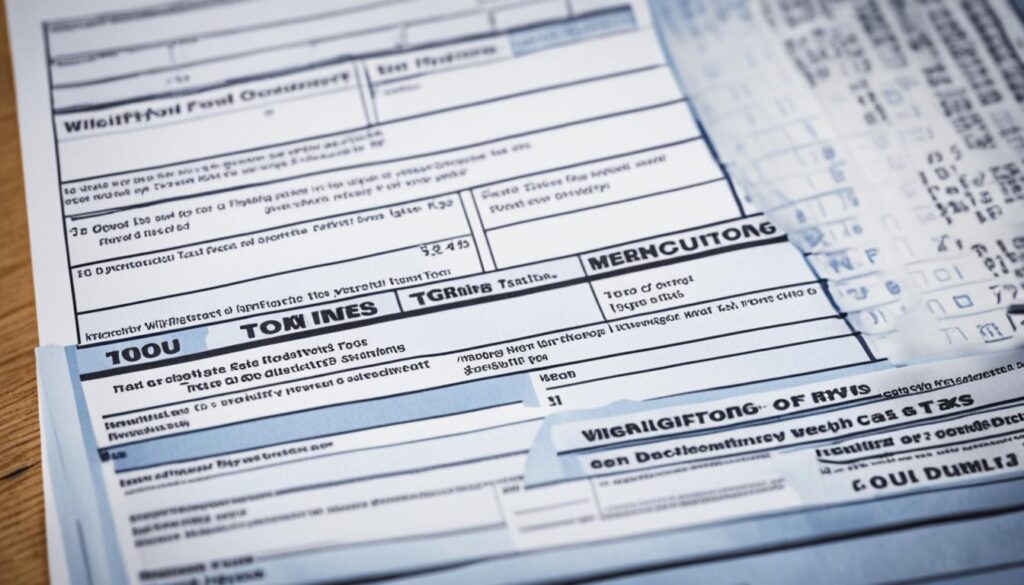Many gym rats wonder if they can get a tax break on their gym fees. Sadly, the IRS usually says these fees are just personal costs. So, don’t count on your gym membership lowering your tax bill.
To understand the tax situation, let’s talk about what the IRS considers essential. For most people, the cost of staying fit doesn’t count as a needed expense. Yet, if you teach fitness or work in the fitness industry, there’s a chance you might qualify. This is because your gym use could be linked to your job, making it a business expense.
Key Takeaways
- Are gym membership fees tax deductible? Typically, no.
- Gym memberships are generally classified as personal expenses by the IRS.
- Self-employed fitness professionals might have a chance at deduction.
- The expense must meet IRS guidelines to be deductible.
- Distinguishing between personal and business use is crucial for deductions.
Understanding General Tax Deductions for Gym Memberships
Understanding the IRS’s rules on gym memberships can be tricky for many. People wish they could deduct gym fees on taxes. However, the IRS doesn’t make it that simple.

Common Misconceptions About Gym Memberships and Taxes
Many think they can write off all gym memberships as work expenses. But, that’s not really true. The IRS mostly sees gym memberships as personal costs. In business terms, for a cost to be tax-deductible, it must be common and needed for your specific work.
Personal Use vs. Business Use of Gym Memberships
There is, however, a way for fitness professionals to deduct gym memberships. If your job involves looking fit, part of your gym costs can count as a business expense. Yet, you must understand IRS rules to separate personal workouts from those with clients.
IRS Guidelines on Personal Expenses
Understanding IRS basics is key. They say costs must be normal and important to be tax-deductible. Most regular gym-goers won’t see a tax benefit. But those in fitness jobs might. Remember, keeping accurate business records and separating your gym use are vital.
- If you’re commuting to your regular place of business, those costs aren’t deductible.
- Travel expenses between different business-related training locations might be.
Want to know if gym memberships are tax-deductible for you? It all depends on how you use your gym and if you can prove it’s essential for your job.
Specific Cases Where Gym Membership Fees May Be Deductible
Although the IRS usually sees gym fees as personal costs, they can be deductible in some cases. For jobs where being fit is key, your gym membership might be needed for work. This view can lower your tax bill if you keep good records.
For Personal Trainers and Fitness Professionals
For personal trainers and fitness pros, being in top shape is job #1. You might be able to write off part of your gym fees if you can show it’s for work. Make sure to track how your gym time helps with clients or your job. This can help a lot at tax time.
Bodybuilders and Professional Athletes
Gyms are like work sites, war zones, and sanctuaries for bodybuilders and athletes. If you can prove your gym time is for getting ready for events, you might get a tax break. Just remember, you need good records and receipts to back up your claim.
Actors and Models: Appearance-Based Professions
For actors and models, looking a certain way for roles is vital. You could argue your gym fees are a must for your career. Keep perfect records to show your workouts are essential for work. A tax advisor can help you understand these deductions better.








